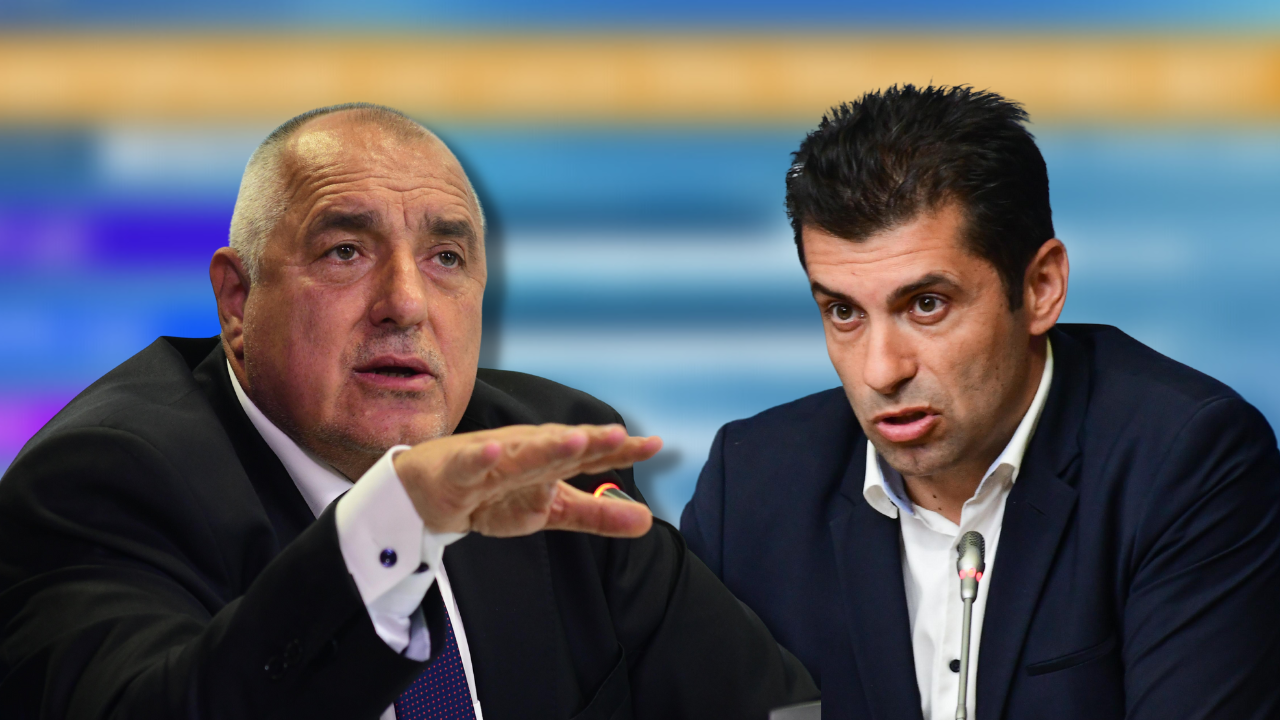A 0.5% advantage of the coalition "We continue the change-Democratic Bulgaria" over GERB-SDS among the voters.
This is shown by a national survey, financed and implemented jointly by bTV and "Market Links", conducted among 1080 persons over 18 years of age in the period 18-27 February by the methods of direct personal interview and online survey.
PP-DB collects 20.9% of the voters, and GERB-SDS are second with 20.4%.
The percentages based on all respondents point to GERD being the first with a lead of 2%.
For the coalition with leader Boyko Borisov, the percentages among all are 15.4%, and for PP-DB - 13.3%.
Currently, "Bulgarian Rise", "There is such a people" and the new coalition "The Left" remain below the 4 percent barrier.
How many parties enter parliament 49?
The next National Assembly is shaping up to have five parties.
According to the data, among the voters DPS is the third political force with 13.3%, followed by "Vazrazhdane" with 11.8%.
The BSP would be fifth in the vote on April 2 and would be the last party to cross the threshold to enter the National Assembly.
Sociologists report for the socialists 6.6%.
The percentages for the parties are marked in blue, based on all respondents in the bTV and Market Links survey.
What is the difference between PP-DB and GERB-SDS?
"For now, it is difficult to predict the possibility that either of these two coalitions will achieve such a high percentage result in the upcoming elections that they will be able to form an independent government.
In principle, this seems impossible, so a coalition form would be mandatory for the formation of the next regular cabinet", sociologist Dobromir Zhivkov commented in "This Morning".
According to him, it is still too early to say whether the union of PP and DB will bring them more success than if they had appeared separately.
"There are many voters who have not yet made a final decision on who to vote for.
At the moment, we see an extremely intense battle for the first place with a practically equal result," said Zhivkov.
"We see significantly higher mobilization in the PP-DB coalition.
In GERB-SDS, we can also look for an option for some kind of electoral reserve, since we see that the mobilization is not at a very high level.
This may also be the result of other processes taking place in our society and this potential not being realized on election day," the sociologist also commented.
The national survey was financed and realized jointly by bTV and "Market Links", conducted among 1080 persons over 18 years of age in the period 18-27 February by the methods of direct personal interview and online survey.
Market links
